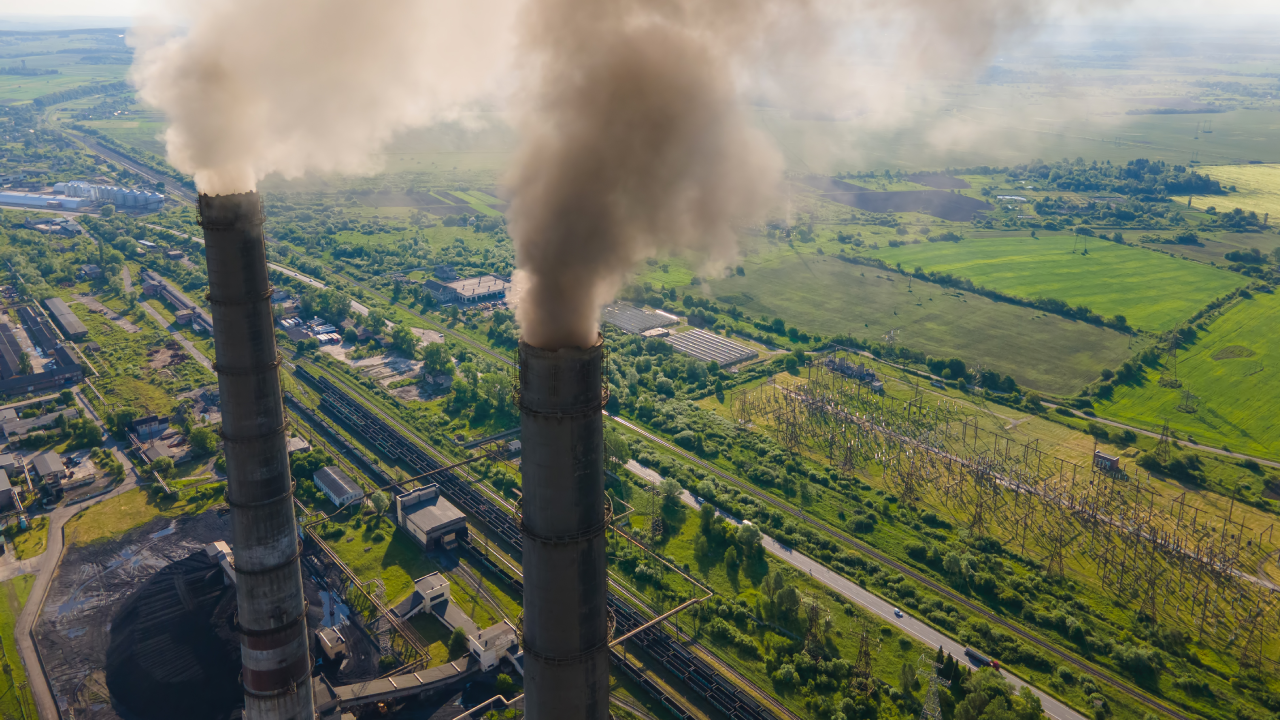Carbon offset projects are based on the idea that organizations achieve “offset” by financing projects that provide low-cost carbon reductions elsewhere, rather than directly reducing their own emissions. However, detailed analyses reveal that many of these projects significantly exaggerate their climate benefits.
Many carbon offset initiatives, presented under the guise of forest protection, renewable energy, and projects aimed at reducing methane emissions in rice farming, do not actually deliver the promised emissions reductions. It is estimated that over 80% of carbon credits issued to date do not represent any actual emissions reductions.
Auditors in Carbon Offset Systems Lack Trust
This situation creates distrust among organizations considering purchasing carbon credits and leads to stagnation in carbon markets. Third-party audit mechanisms are being promoted as a solution.

However, research shows that auditors cannot reliably fulfill this role. The fact that auditors are selected and paid by audited institutions undermines the impartiality of audit reports.
A field experiment in India provides a stark illustration of this. In a system where auditors are appointed independently from a central fund, air and water pollution levels were reported as 50% to 70% higher than in auditors selected and paid by companies.
This difference is explained by the self-interest bias embedded in the audit system. Such cognitive biases are particularly pronounced in areas where uncertainty is high and interpretation is required. Carbon offset projects encompass all of these conditions.
Instances where auditors systematically overstate the true climate contribution of credits are common. Although all offset projects are already required to undergo an audit process, this system appears to not prevent overwriting of credits. For example, in a region with a clearly observed forest fire risk, auditors reported a project as having a zero fire risk.
Such examples are not isolated. A report examining 95 projects registered with the voluntary carbon market Verra at the end of 2024 revealed that 21 of the 33 auditing firms were involved in at least one of these projects and were part of audits that resulted in excessive credit writing. The root of the problem lies in the fact that all actors in the system profit from inflated carbon credits. Project developers seek to obtain more credits, while registrars, which generate revenue by issuing credits in the market, do not incentivize auditors to exercise sufficient diligence.
Auditors, in turn, adapt to the system’s structural weaknesses to gain an advantage over competitors who more readily grant project developers’ requests. This cycle makes it difficult for the system to develop internal balancing mechanisms.
While some registrars have announced new steps to increase auditor accountability, the conflict of interest underlying the audit process remains unchanged. It becomes difficult for an auditor who seeks independence to maintain the high rejection rates required by scientifically to remain in the industry.
In the current carbon market, trust in auditors is insufficient to ensure real climate impact. Given the impact of political decisions taken to achieve carbon neutrality goals on our planet, these structural weaknesses in the audit structure must be reassessed, not ignored. The auditing system, in its current form, does not function as a mechanism to guarantee the reliability of carbon credits.













